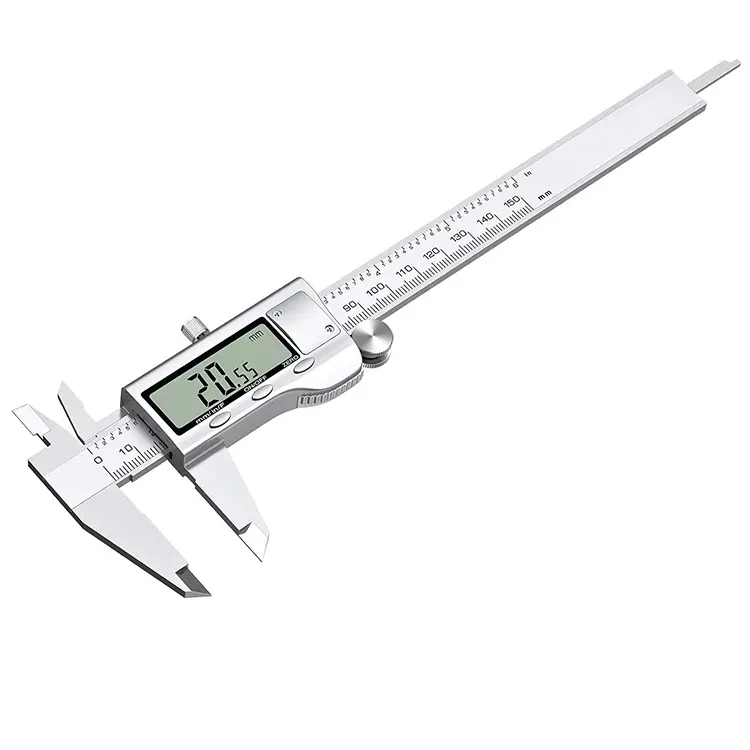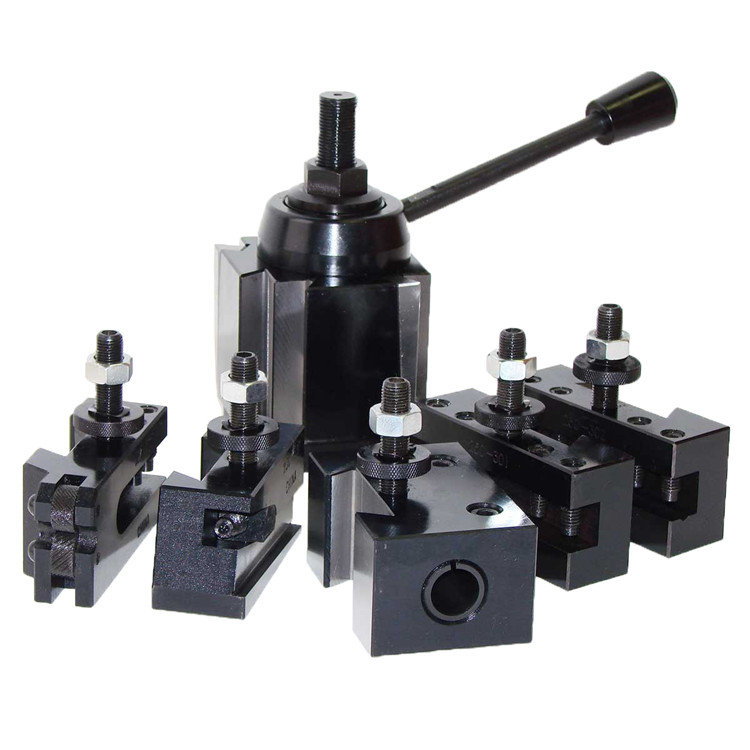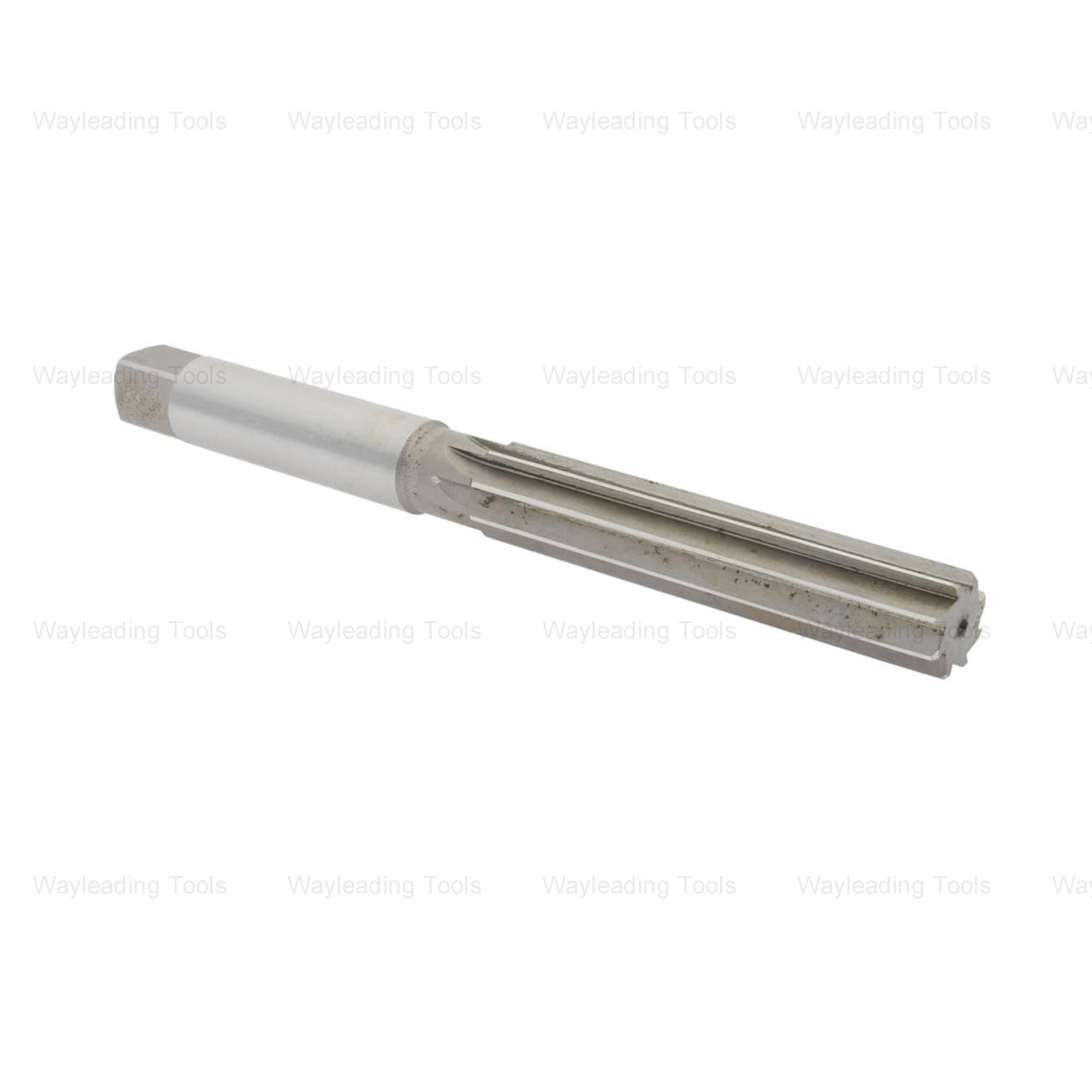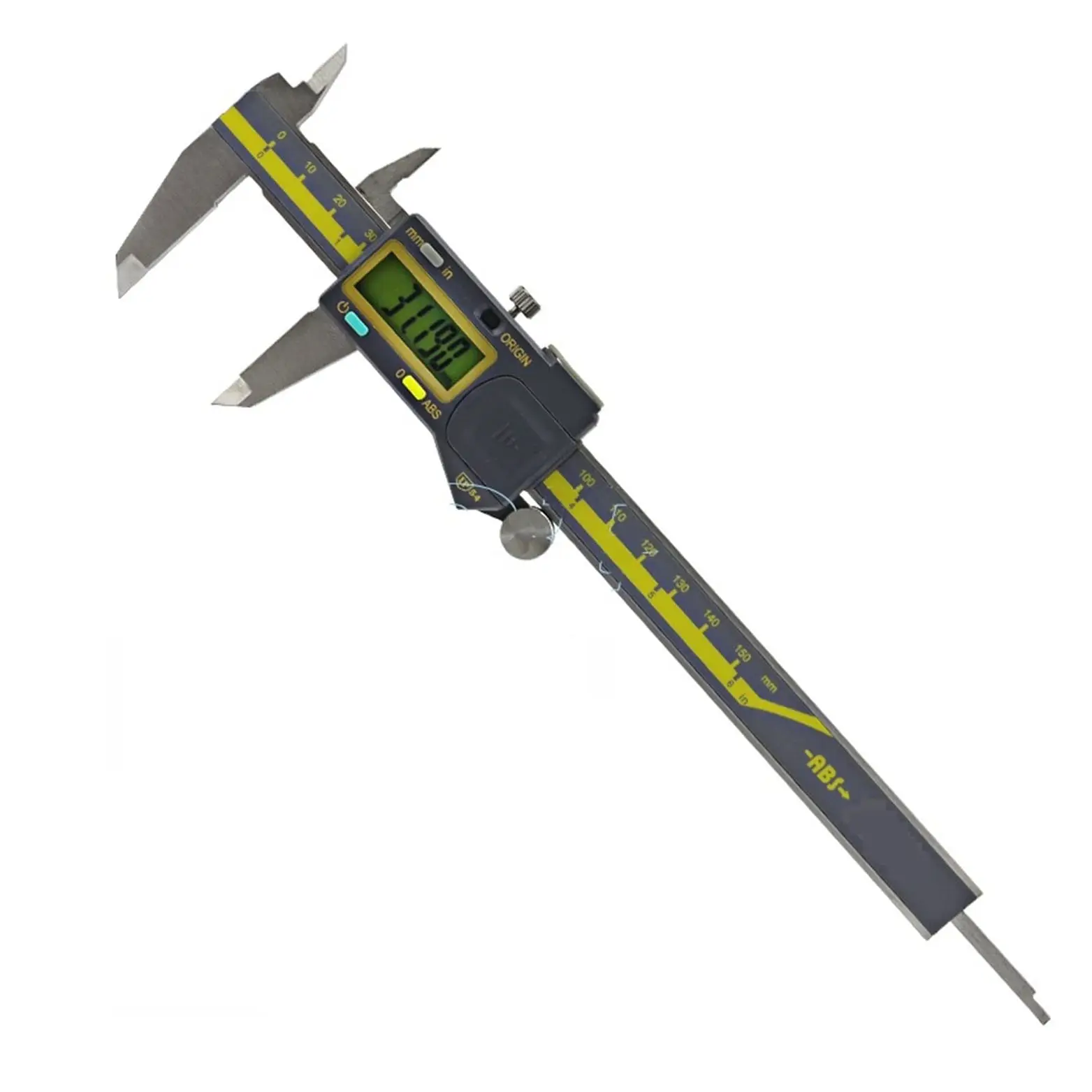High-Quality R8 Drill Chuck Arbor
An R8 Drill Chuck Arbor is a crucial tool for securely holding and driving drill chucks in milling machines and some lathes. Understanding its specifications, materials, and proper usage ensures accurate and efficient drilling operations. This guide explores the essential aspects of choosing and using a high-quality R8 Drill Chuck Arbor.
Understanding the R8 Drill Chuck Arbor
What is an R8 Drill Chuck Arbor?
An R8 Drill Chuck Arbor is a shank designed to fit into an R8 spindle, commonly found on Bridgeport-style milling machines and similar equipment. One end features an R8 taper for insertion into the spindle, while the other end is threaded or has a morse taper to accept a drill chuck. This allows the machine to efficiently drive drill bits, reamers, and other rotary tools.
Key Features of a High-Quality R8 Drill Chuck Arbor
Several factors contribute to the quality and performance of an R8 Drill Chuck Arbor:
- Material: High-speed steel (HSS) or alloy steel, hardened and ground for durability and accuracy.
- Accuracy: Low runout is essential for precise drilling. Look for arbors with a Total Indicated Runout (TIR) of 0.0005' or less.
- Thread Quality: Clean, precisely cut threads ensure a secure connection with the drill chuck.
- Surface Finish: A smooth, rust-resistant finish protects the arbor from corrosion and wear.
Choosing the Right R8 Drill Chuck Arbor
Consider the Drill Chuck Size
The most important factor is ensuring the arbor is compatible with your drill chuck. Common drill chuck sizes are 1/2 inch, 3/8 inch, and 1/4 inch. The arbor's threaded end must match the drill chuck's mounting thread (e.g., 3/8-24, 1/2-20, or J33 taper). For example, the Bison 3-Jaw Geared Drill Chuck has several mounting options, be sure to select the correct one when purchasing with an arbor.
Material Matters
HSS arbors are suitable for general-purpose drilling, while alloy steel arbors offer increased wear resistance for heavy-duty applications. Hardened and ground arbors provide greater accuracy and longevity.
Accuracy and Runout
For precision work, prioritize an arbor with low runout. Runout refers to the amount of wobble or deviation in the rotating drill chuck, which can affect hole size and surface finish. Specifications will typically be found on the Wayleading Tools website or the manufacturer's website.
Using the R8 Drill Chuck Arbor Safely and Effectively
Installation
1. Thoroughly clean both the R8 Drill Chuck Arbor and the R8 spindle. Remove any dirt, chips, or oil.
2. Insert the R8 shank into the spindle. Ensure it is fully seated and locked in place using the drawbar.
3. Thread the drill chuck onto the arbor, tightening it securely. Use a wrench if necessary, but avoid over-tightening.
Operation
Always use appropriate cutting speeds and feeds for the material being drilled. Excessive speed or feed can cause the drill bit to overheat and break, or damage the arbor and spindle. Use cutting fluid to lubricate the drill bit and improve cutting performance.
Maintenance
Regularly inspect the R8 Drill Chuck Arbor for signs of wear or damage, such as worn threads, cracks, or corrosion. Clean and lubricate the arbor after each use to prevent rust and ensure smooth operation. Store the arbor in a clean, dry place.
Troubleshooting Common Issues
Drill Chuck Won't Tighten
Check the threads on both the arbor and the drill chuck for damage. Clean the threads thoroughly and apply a light coat of oil. If the threads are severely damaged, replace the arbor or drill chuck.
Excessive Runout
Ensure the R8 Drill Chuck Arbor is properly seated in the spindle and the drill chuck is securely tightened. If the runout persists, the arbor may be bent or damaged. Consider replacing it with a new, high-quality arbor.
R8 Drill Chuck Arbor Options
Here's a simplified comparison of theoretical performance data between two common R8 Drill Chuck Arbors, but always verify the actual specs from the manufacturer's data sheet before making a purchase:
| Feature | HSS Arbor | Alloy Steel Arbor |
|---|---|---|
| Material | High-Speed Steel | Alloy Steel |
| Typical Hardness (HRC) | 60-62 | 55-58 |
| Wear Resistance | Good | Excellent |
| Cost | Lower | Higher |
Selecting the right R8 Drill Chuck Arbor involves careful consideration of drill chuck size, material, and desired accuracy. By following these guidelines, users can ensure optimal performance and longevity of their equipment. You can find a wide selection of arbors at Wayleading Tools drill chuck arbors collection
Related products
Related products
Best selling products
Best selling products-
 HSS Inch Convex Milling Cutter For Industrial
HSS Inch Convex Milling Cutter For Industrial -
 Precision Digital Caliper Of Metal Case For Industrial
Precision Digital Caliper Of Metal Case For Industrial -
 Wedge Type Quick Change Tool Post Set In lathe Machine
Wedge Type Quick Change Tool Post Set In lathe Machine -
 Dead Center For Morse Taper Shank
Dead Center For Morse Taper Shank -
 Precision Dial Caliper Of Double Shock-Proof For Industrial
Precision Dial Caliper Of Double Shock-Proof For Industrial -
 Carbide Tipped Hole Cutter For Cutting Stainless Steel And Iron Or Steel Plate
Carbide Tipped Hole Cutter For Cutting Stainless Steel And Iron Or Steel Plate -
 Straight Shank ER Collet Chuck Holders With Extending Rod
Straight Shank ER Collet Chuck Holders With Extending Rod -
 HSS Metric Square Tool Bit With Industrial Type
HSS Metric Square Tool Bit With Industrial Type -
 DIN333A HSS Center Drills With Milled & Fully Ground Flute
DIN333A HSS Center Drills With Milled & Fully Ground Flute -
 Auto Self Reversible Tapping Chuck In Drill Machine
Auto Self Reversible Tapping Chuck In Drill Machine -
 Precision Outside Micrometer Set With digit Counter Of Inch & Metric With Rachet Stop
Precision Outside Micrometer Set With digit Counter Of Inch & Metric With Rachet Stop -
 Metric HSS Step Drills With Straight Flute
Metric HSS Step Drills With Straight Flute
Related search
Related search- MCLN boring bar Factory
- tubing micrometer Manufacturers
- SDQC boring bar Factories
- three point inside micrometer Manufacturer
- 45 degree indexable face mills Factories
- R8 Drill Chuck Arbor Factory
- 4 jaw self centering chuck Factory
- height gauge Factory
- 3pcs indexable countersink Factories
- 3pcs indexable countersink Manufacturers











